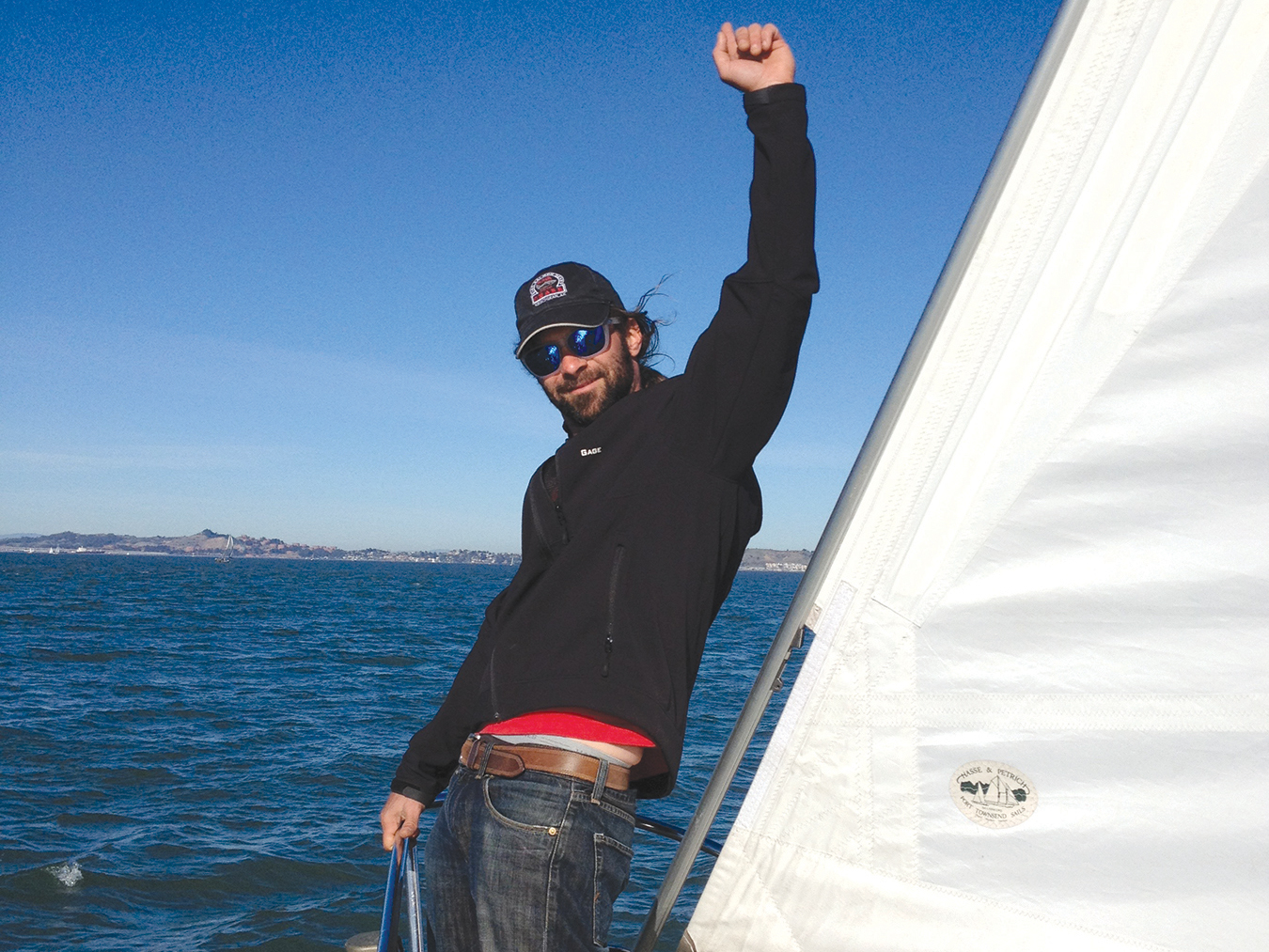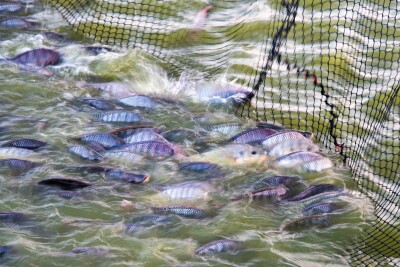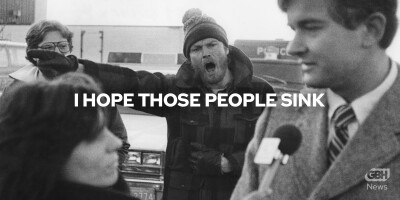From a young age, Robert Kingston had a particular vision of his life. He grew up in Lincoln, Neb., not far from the exact geographical center of the country — as far away from the oceans or any foreign country you can get in the United States — and he was determined to get out.
He sprinted through high school and graduated a year early, in 1997. And while most of his classmates were loading up U-Hauls to follow the Clinton-era blueprint at four-year universities, Kingston was hitchhiking to Ketchikan, Alaska. There, he camped out in the forest while he beat the docks, eventually landing a job with Gary Haines on the F/V Northcape.
“That first season I made $8,500. I had never had more than $500 in my life. I was 18 years old, and I was rich, and that was the least I ever made fishing,” Kingston remembers.
As soon as the season was over, Kingston strapped on his backpack and headed for Mexico and Central America, a cycle he would go on to repeat for the next six years. By the age of 22, Kingston had already backpacked through all but five countries on the Latin American mainland.
“Fishing allowed me to do exactly what I wanted to do in life. It let me pursue my passions: travel, language, music and women,” he says.
A restless autodidact with a good ear and a gift for mimicry, Kingston achieved such fluency in both Argentine Spanish and Brazilian Portuguese that he sometimes had trouble convincing locals that he was not native.
He moved to South America full time for a few years and missed a handful of fishing seasons, but returned to Southeast Alaska to fish from 2010 to 2015, mostly on the Voyager.
Now 38, Kingston calls the marina in Berkeley, Calif., home, where he owns a double-ended bluewater sailboat and lives on a 40-foot trawler. The arrival of a daughter in 2015 put an end to fishing trips to Alaska, but he was able to turn his fishing experience into work as a boatwright, and also coordinates the only anchovy seining operation in San Francisco Bay.
“Anytime I have to choose between working as a boatwright or fishing, I go fishing,” he says. “I want to fish. I just get excited. I’m out there yelling when they hit the net, and I still make way more money fishing than doing anything else.”







